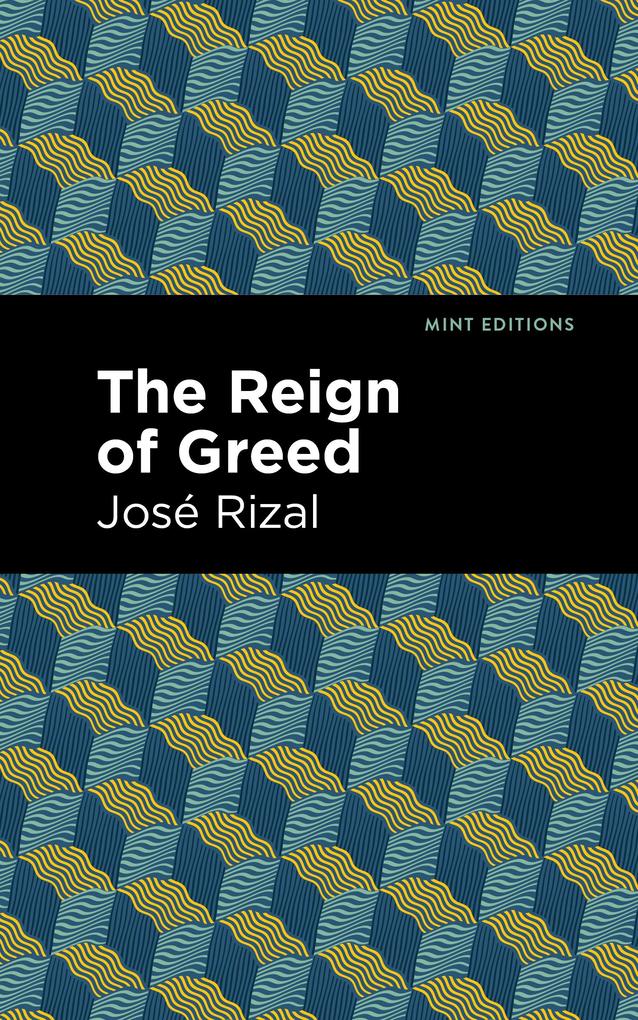
Sofort lieferbar (Download)
Presumed dead after a prison escape led to a shootout with authorities, Crisóstomo Ibarra returns home after thirteen years in hiding. Using the guise of Simoun, a corrupt merchant, he attempts to incite a rebellion against imperial Spanish forces in order to free the Philippines and its people from terror. The Reign of Greed is a novel by José Rizal.
Mehr aus dieser Reihe
Produktdetails
Erscheinungsdatum
08. Juni 2021
Sprache
englisch
Seitenanzahl
296
Dateigröße
3,83 MB
Reihe
Mint Editions (Voices From API)
Autor/Autorin
José Rizal
Verlag/Hersteller
Kopierschutz
mit Adobe-DRM-Kopierschutz
Produktart
EBOOK
Dateiformat
EPUB
ISBN
9781513223407
Entdecken Sie mehr
Bewertungen
0 Bewertungen
Es wurden noch keine Bewertungen abgegeben. Schreiben Sie die erste Bewertung zu "The Reign of Greed" und helfen Sie damit anderen bei der Kaufentscheidung.


































